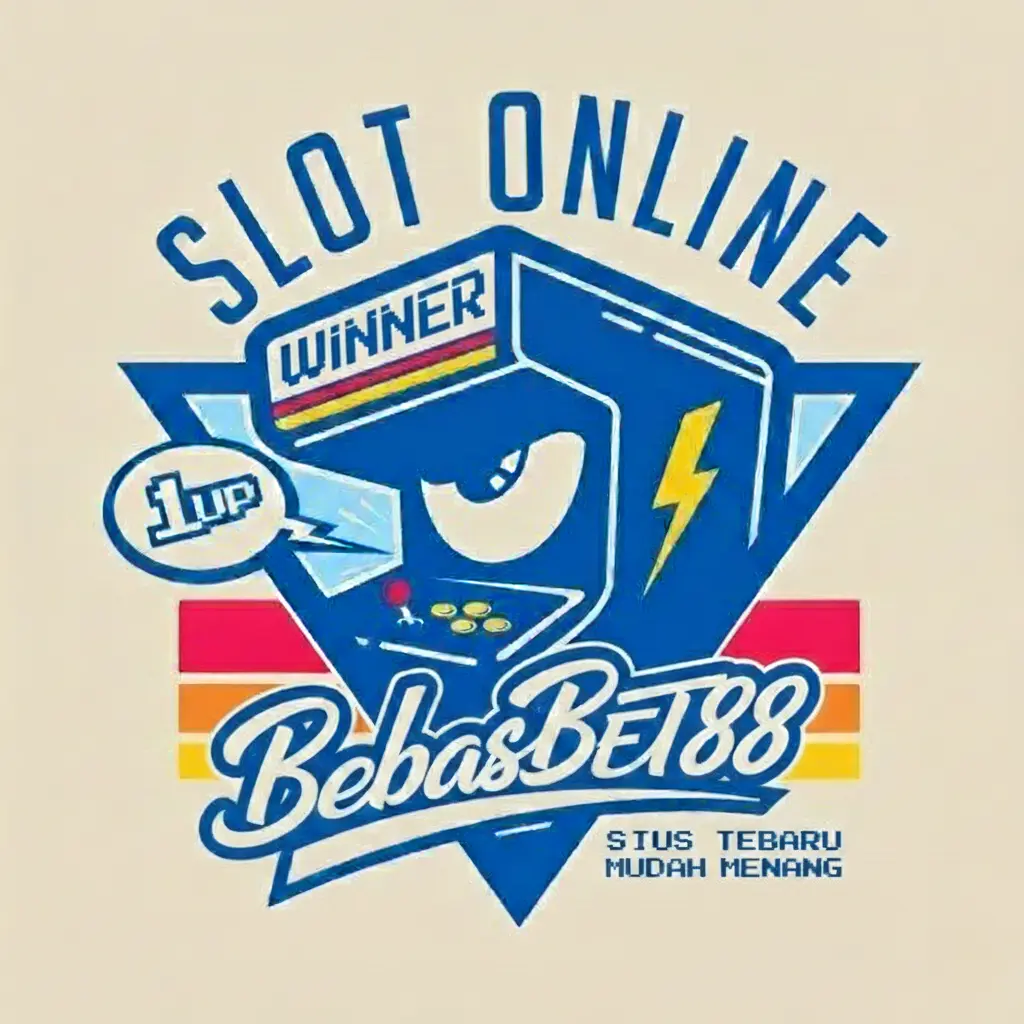8.703.088 Orang Telah Mendapatkan Dalam 24 Jam Terakhir!
Price:Rp 5,000
Bebasbet88 > Situs Judi Slot Online Terbaru Mudah Menang Malam Ini
BEBASBET88 adalah situs judi slot online terbaru yang menjadi pilihan utama para pemain untuk meraih menang mudah malam ini. Bergabunglah bersama ribuan member aktif lainnya yang telah membuktikan sendiri sensasi mendapatkan jackpot tanpa ribet setiap harinya.
Jangan tunda kesempatan Anda untuk merasakan performa sistem terbaik kami yang dirancang khusus demi kepuasan pemain. Segera daftar dan buktikan sendiri kegacorannya malam ini juga hanya di BEBASBET88, tempat di mana keberuntungan dan kemenangan besar menjadi kenyataan.




